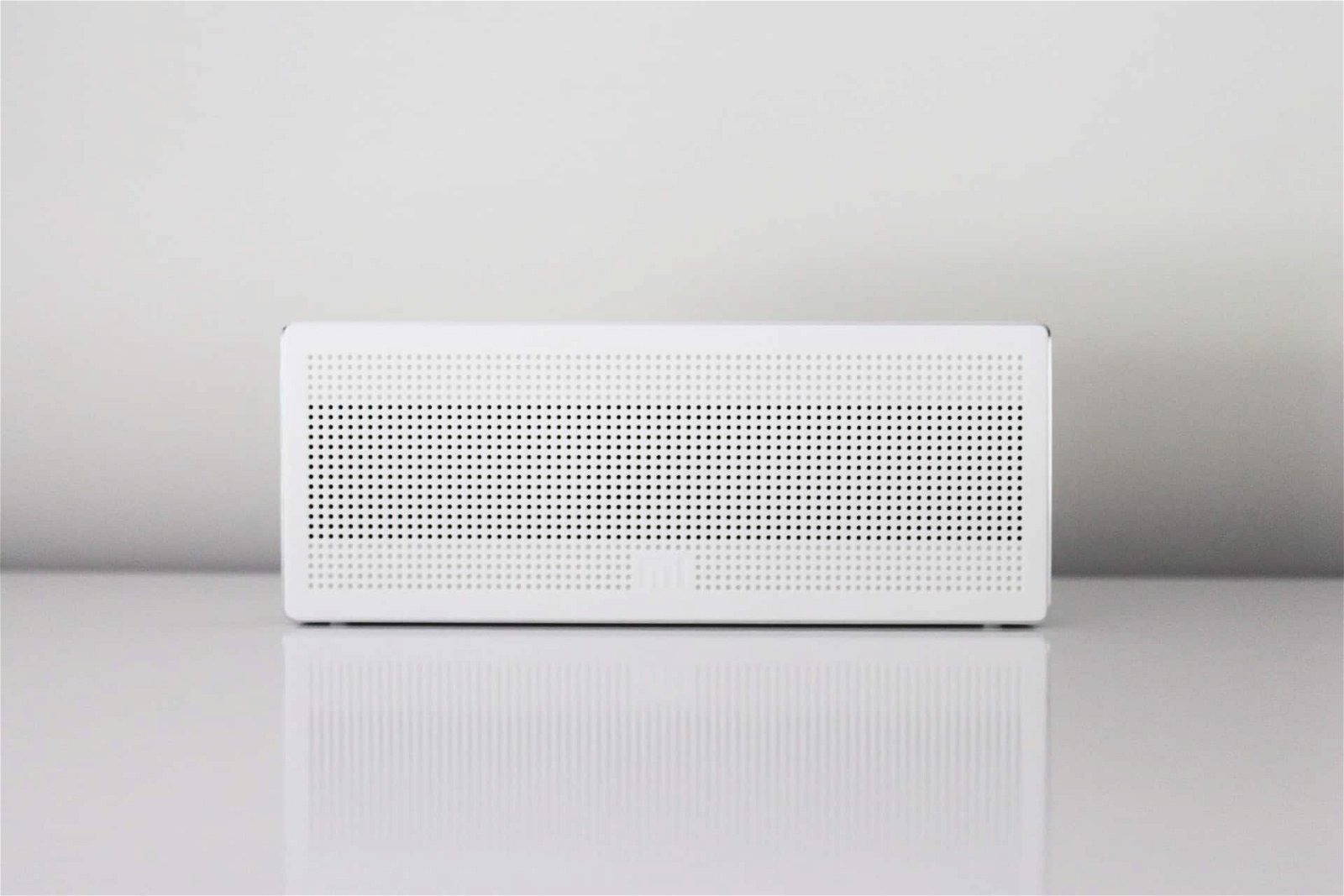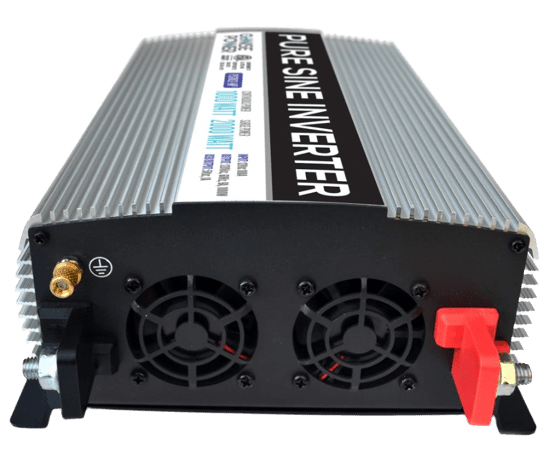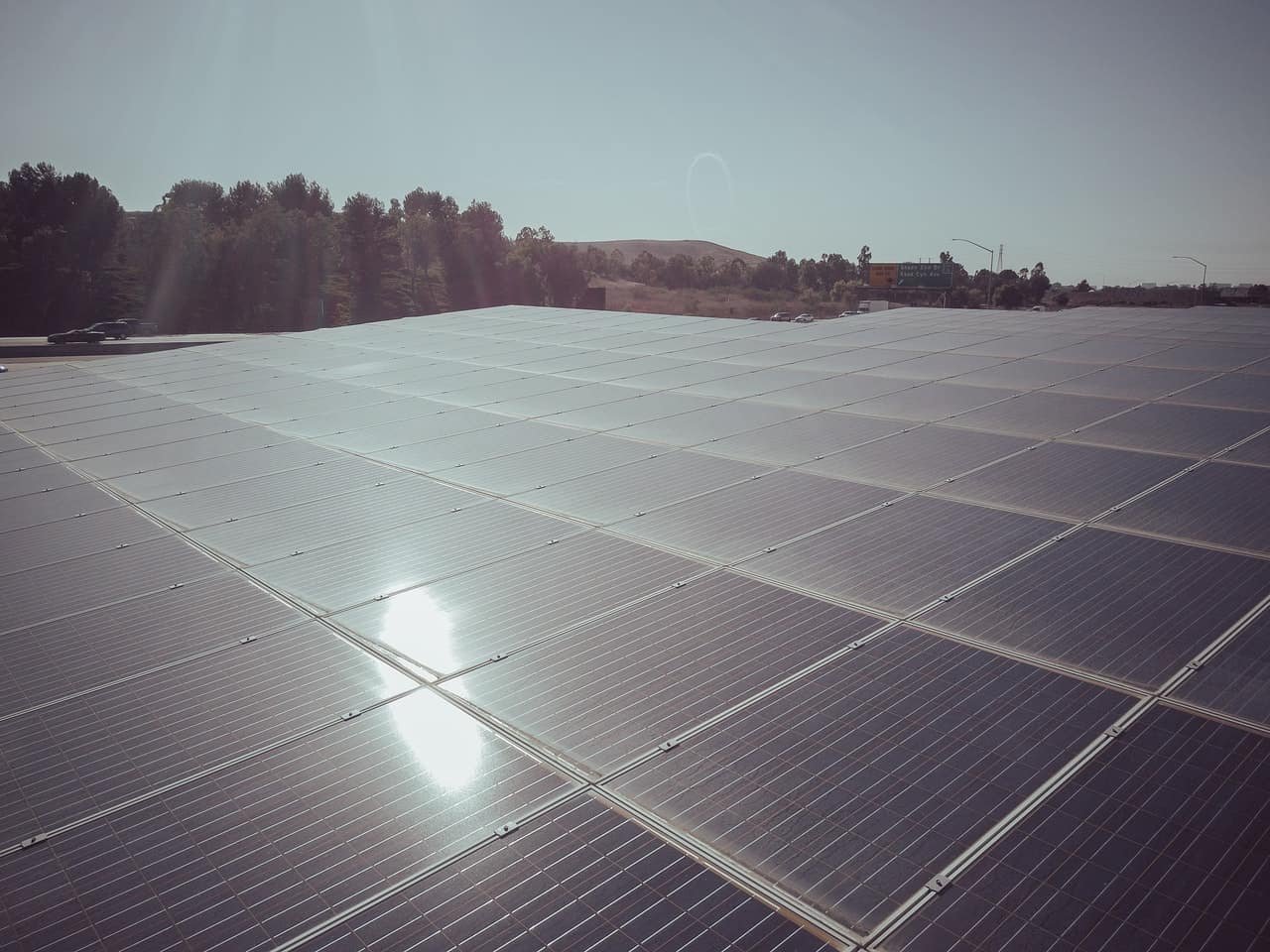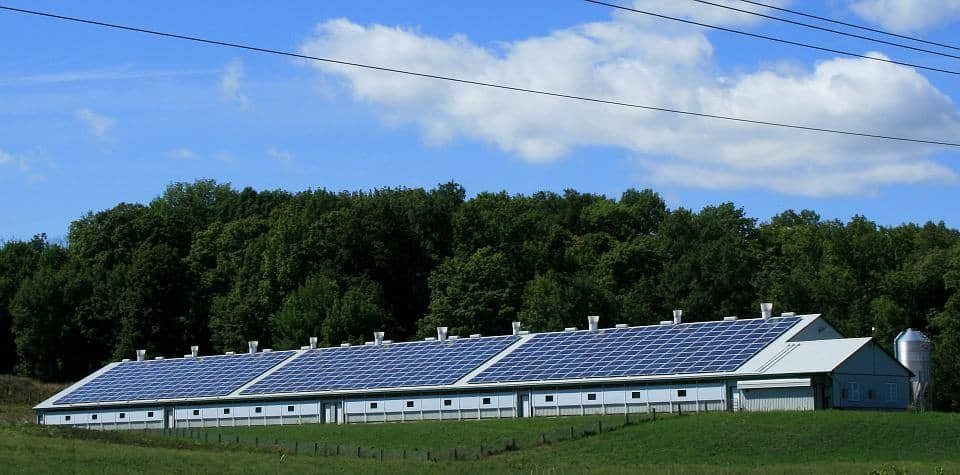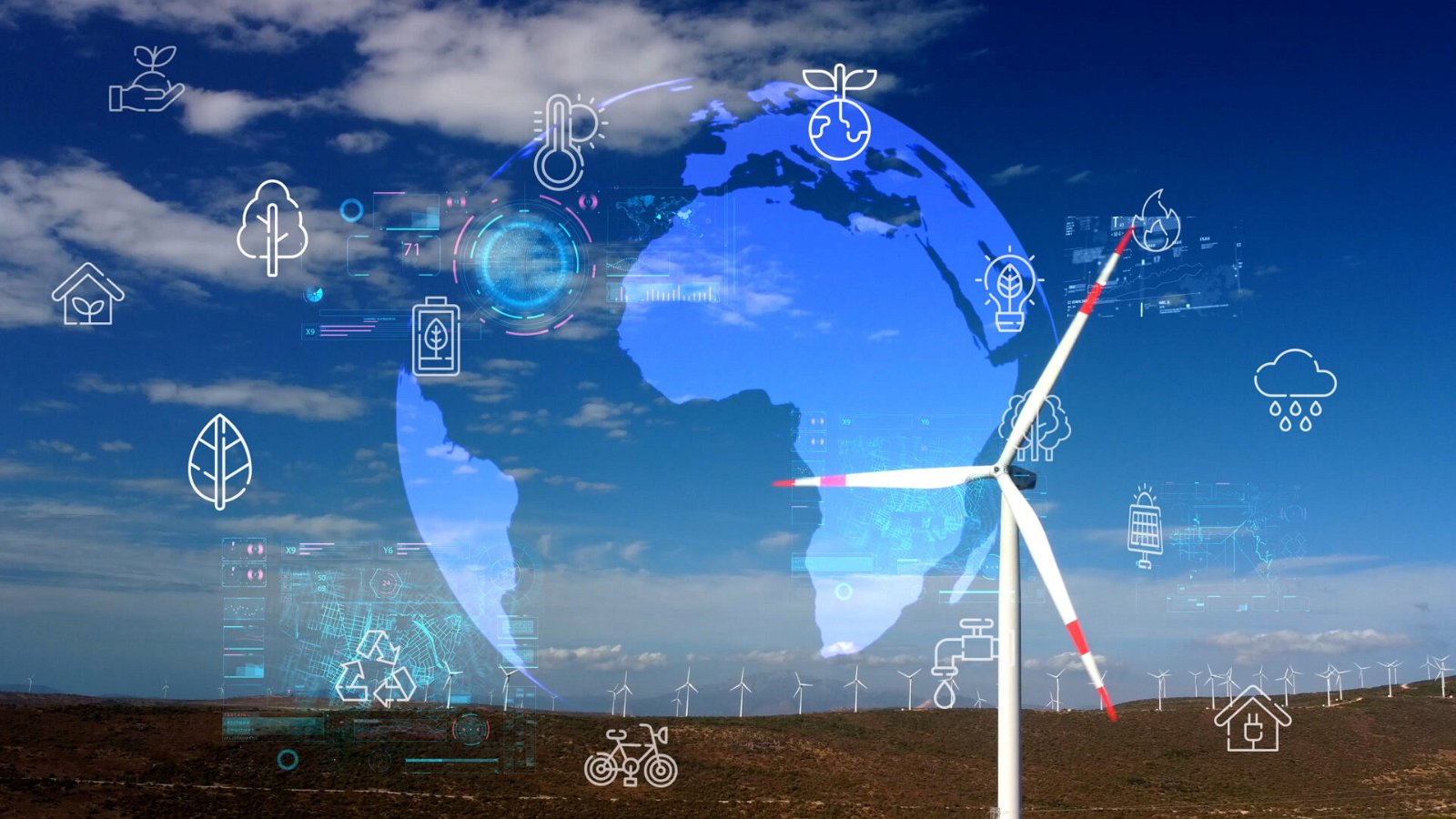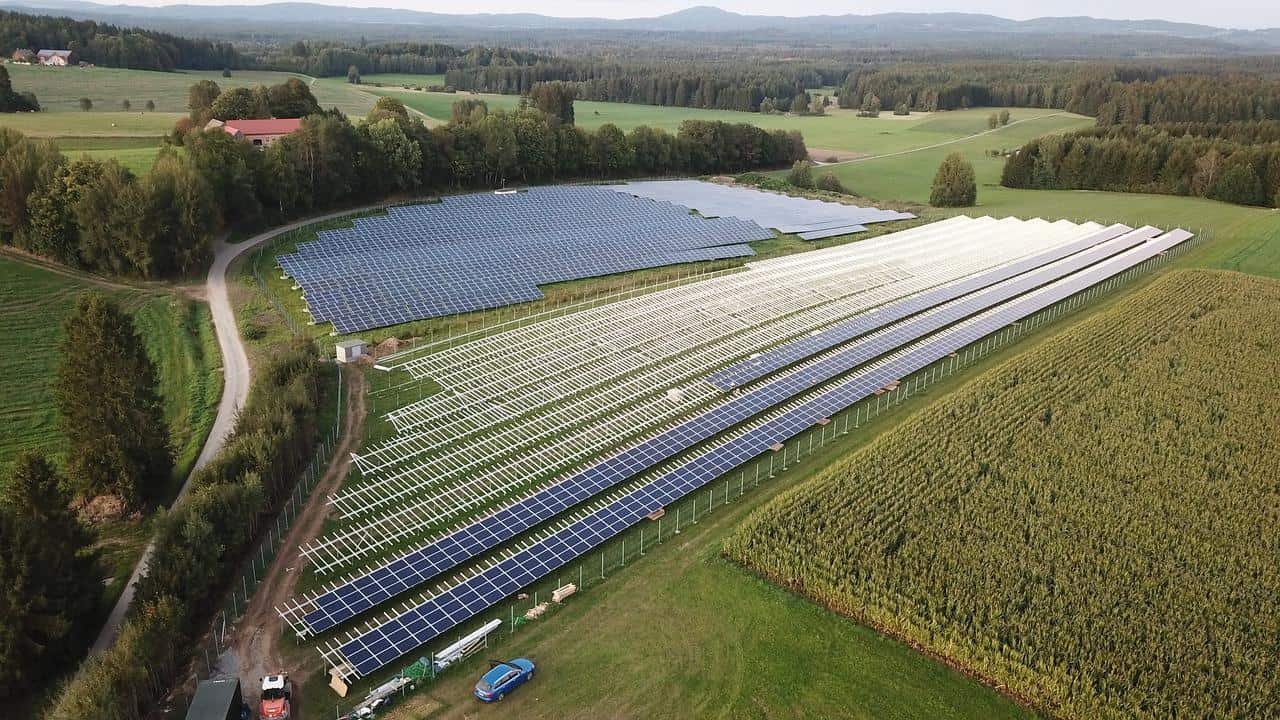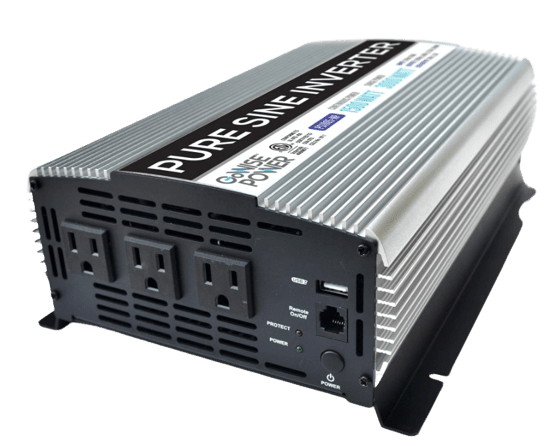According to the US Energy Information Administration (EIA) annual energy outlook, space cooling is third among the top ten appliances that are consuming the most energy in U.S. single-family homes. When it comes to space cooling and high electricity consumption, the culprit is none other than your air conditioning unit.
As the days get longer, the heat and humidity intensify. Plenty of homeowners and companies begin to question how we can keep our homes and workplace cool and comfortable during the hot summer months without worrying about the cost of energy consumption.
One of the money-saving options that are gaining popularity is using solar energy from the sun. However, the fact that most air conditioning device and equipment have high wattage. A typical room air conditioner ranges from 500 to 1500 watts.
With this, often times a lot of people ask, can solar power run air conditioners? The short answer is yes! There are a few things to consider when using solar power to run an AC. One is the efficiency of the AC.
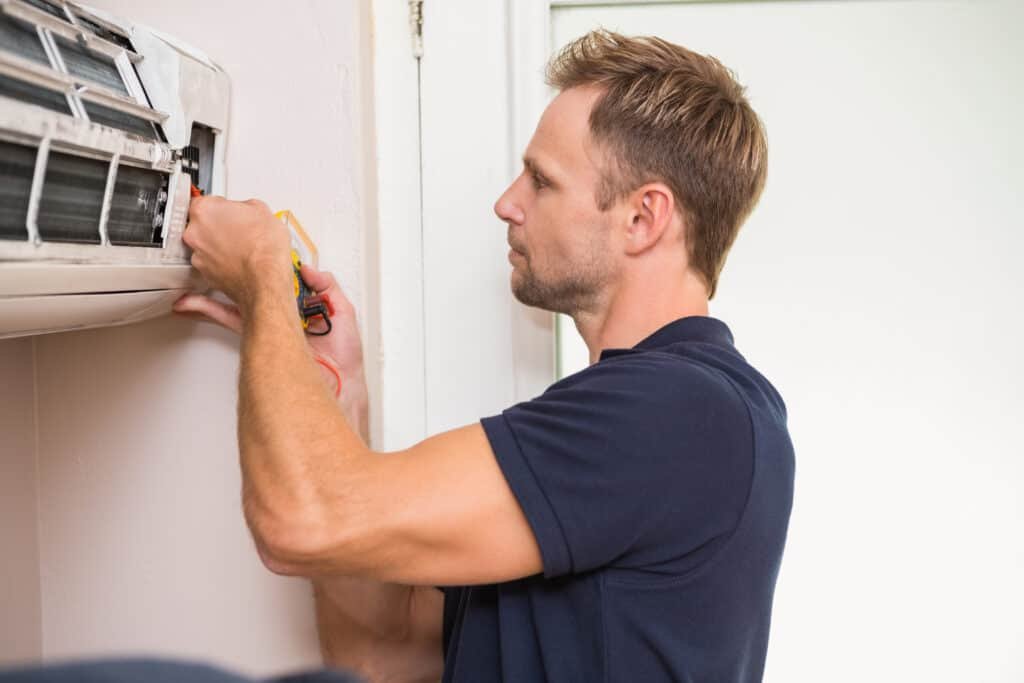
Some brands are more efficient than others, so it is important to choose one that is designed to be as efficient as possible. Another thing to consider is the size of the AC.
Solar panels come in a range of sizes, so it is important to choose one that will be able to power the AC. It plays a big part in the calculation and design. For example, a small window AC unit might only need a few solar panels, while a larger central AC unit might need 10 or more panels.
Solar System Installation
The first step in using solar power to run an air conditioner is to install solar panels. Solar panels can be mounted on the roof of your house or on the field or ground. Position them in an area where the panel will maintain to receive maximum sun and also consider access for repair and maintenance in the design.
The size of the solar panel system will depend on some factors, like the size of your air conditioning system and the amount of sunlight that the area receives. Keep in mind that some areas in the country are environmentally not ideal for installation.
A solar panel system is composed of a number of individual components, including solar panels, an inverter, batteries, a charge controller, and some wiring. Solar panels are the primary component of a solar panel system and are responsible for the task of converting sunlight into electrical energy.
The inverter converts this electrical energy into usable AC power, while a battery bank stores excess power for later use, you will need a large capacity, deep cycle battery for this one. The charge controller regulates the flow of power between the solar panels and the batteries, ensuring that the batteries are not overcharged.
Once the solar panels are installed, the electricity they generate can be used to load and power the air conditioner in one of two ways.
The first way is to use an inverter to convert the direct current (DC) electricity generated by the solar panels into alternating current (AC) electricity, which can then be used to power the air conditioner. The second way is to directly connect the solar panels to the air conditioner using DC-to-AC power converters.
Look for durable and highly efficient panels. You also have to choose your other components wisely. To secure a safe and easy installation, consult or contact a reliable installer.
Types of Solar Air Conditioners
There are three main types of solar air conditioners:
AC (alternating current), DC (direct current), and hybrid. AC solar air conditioners are the most common type and can be found in most homes. DC solar air conditioners are less common but are growing in popularity due to their efficiency.
Hybrid solar air conditioners are the newest type of solar air conditioner and are a combination of AC and DC. Solar air conditioners work by using the sun’s energy to power a compressor. The compressors are the ones that circulate the refrigerant through the air conditioner.
The refrigerant is what cools the air as it is circulated. Solar air conditioner use the sun’s energy as the sun’s rays create an electrical current when they hit the solar panel. The main difference between AC and DC solar air conditioners is the type of current that is used to power the compressor.
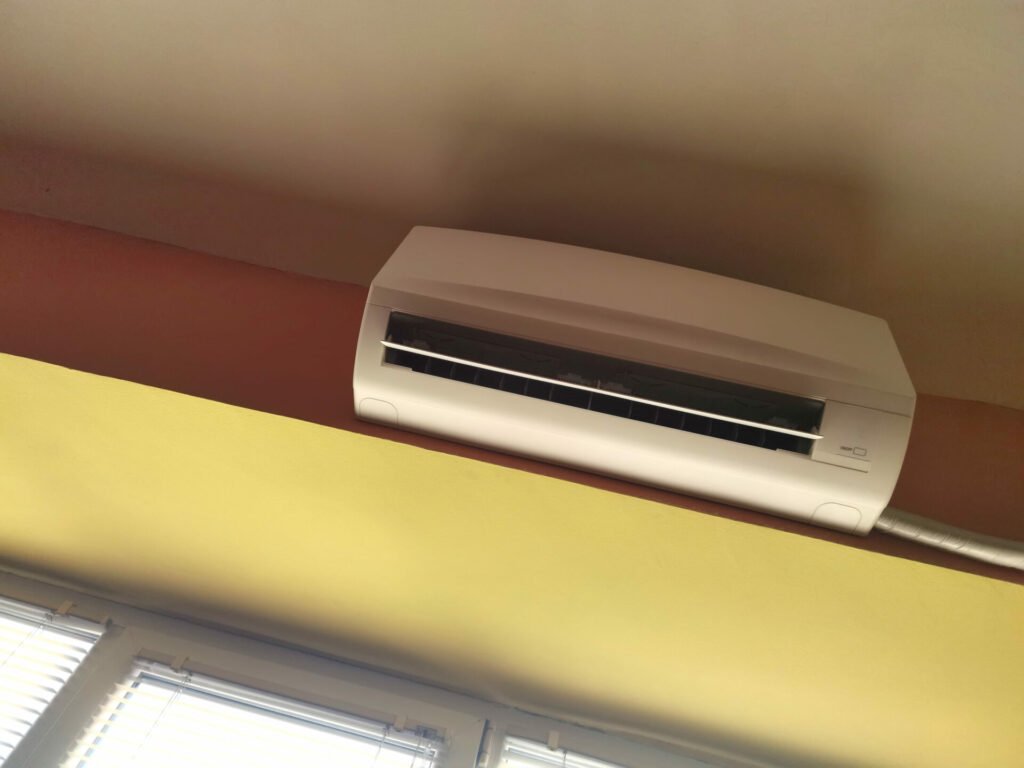
AC solar air conditioners use alternating current, which is the type of current that is used in most homes. DC solar air conditioners use direct current, which is the type of current that is used in batteries.
Hybrid solar air conditioners are a combination of AC and DC. They use a DC solar panel to power the compressor and an AC inverter to power the air conditioner’s fan. Hybrid solar air conditioners are more efficient than AC or DC solar air conditioners because they are able to use the sun’s energy more efficiently.
Off-grid Solar Power System
Off-grid systems are not connected to the public utility power grid. This means that all the electricity needed to power your air conditioning units at home are drawn from solar panels and batteries.
On-grid Solar Power System
To power your air conditioning units, on-grid solar power systems are connected to the utility grid. In case of excess power is produced, you can also feed excess electricity from your solar system into the grid.
These systems often operate in conjunction with net metering, which allows homeowners and businesses to offset their energy costs by sending excess electricity back to the utility company.
Conclusion
Solar power can not only run air conditioners but can power entire homes and businesses. They are energy-efficient and eco-friendly. Either off-grid or on-grid, with the right solar panel system, solar power can be a very efficient and cost-effective way to meet energy needs for cooling.
However, this is not always true and applicable to all. Still, it depends on your power requirement. For higher the requirement, you will need a bigger solar panel system.
Though using solar power to run your air conditioning systems initial investment can be costly, but it can benefit you in the long run. Rest assured, you can enjoy your air conditioners in comfort without worrying about electricity bills anymore.
